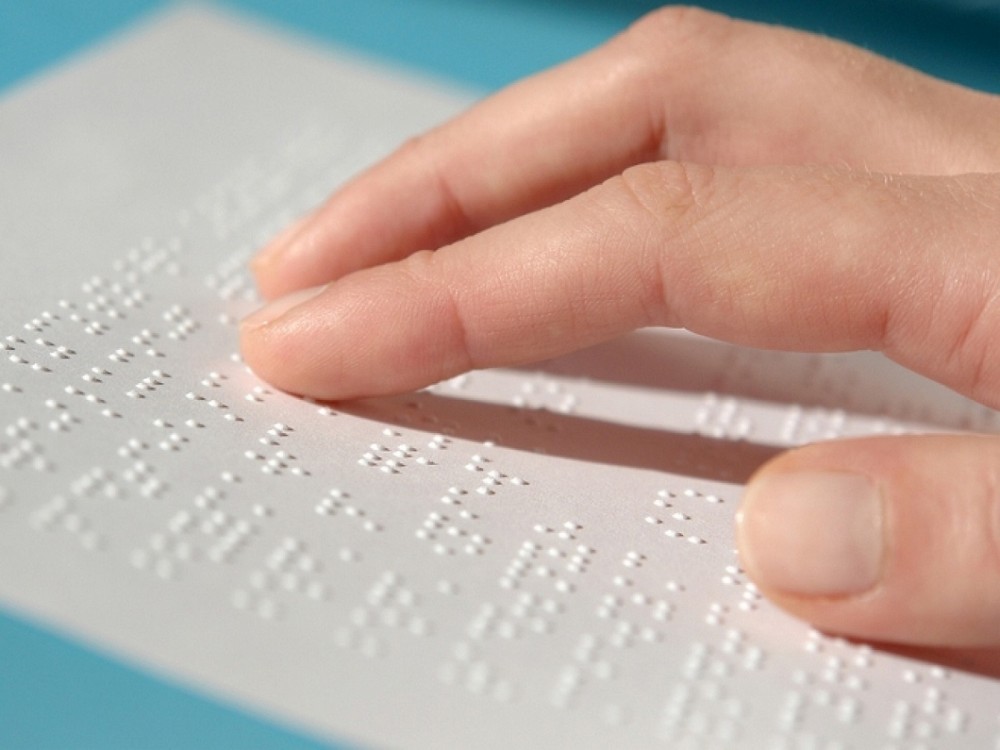
The experience of Odesa Professional School for Visually Impaired Children (under the patronage of Odesa Branch of the Guardianship of Empress Maria Alexandrovna of Blind) in the field of organizing the educational process and educatees work skills developing is analyzed. It is noted that the distrust of the local community to the new initiative caused, at the first stage of the institution functioning, difficulties with the contingent formation. Taking that into account the administration of Odesa Branch of the Guardianship of Empress Maria Alexandrovna of Blind (OVMOS — author’s abbreviation) carried out some agitation and explanatory work among the residents, in particular, through publications in the local press and distribution of thematic brochures, and that gave positive results. The increase in the number of educatees, subsequently, necessitated their division into three classes (taking into account the age of children, their abilities and level of education), for which certain curricula were worked out using appropriate for such a specific audience forms and training tools. An important component of the educational process was the development of educatees work skills. For this purpose, for the educatees of the School, regardless of age, in addition to training in classrooms, the work in workshops was organized. At first, children mainly mastered crafts that did not require complex professional skills: weaving and making carpets, knitting, making various brushes, etc. Subsequently, the educatees were given the opportunity to master the basics of carpentry, shoemaking, and massage. The educatees’ works were marked at several exhibitions; the School received orders from various organizations and institutions and sold products through the trade network. At the same time, it should be noted that the Professional School graduates were in low demand in the labor market. This can be explained, in our opinion, by two main factors — society’s distrust of the professional activities of the blind and competition in the services market. The administration of the institution did not stay away from solving another problem — arranging the fate of those educatees who left School, but did not have a family and their own housing. In 1903, a special Repository (dormitory) with workshops was established for such school-leavers. The issue of attracting professional staff to work with the blind was extremely urgent in OVMOS. Unable to train such staff at the local level, the organization’s board invited trained and experienced teachers to work with such category of educatees from Moscow School and Alexander St. Petersburg School for the Blind. The administration of OVMOS and the teaching staff of the Professional School had done a lot of work to establish its profitable functioning. Considerable attention in that activity was paid to the organization of the educational process, the formation of the contingent of educatees, the solution of the staff problem — the involvement of specialists to work in the institution. An important component of the proper functioning was to create the necessary conditions for professional training of educatees, to diversify its forms and methods. At the same time, the unwillingness of the society to adequately perceive visually impaired people in their environment, and competition in the services market, made it difficult for the blind to obtain a job, and to apply their labor skills in practice.
Source: Moiseeva T. (2020) Odesa Professional School for Blind Children: Organization of the Educational Process and Formation of Educatees Work Skills (1887-1915). Eminak. №2(30): 68-76
Source web-site: https://eminak.net.ua/index.php/eminak/article/view/407/241
Number of views: 2882